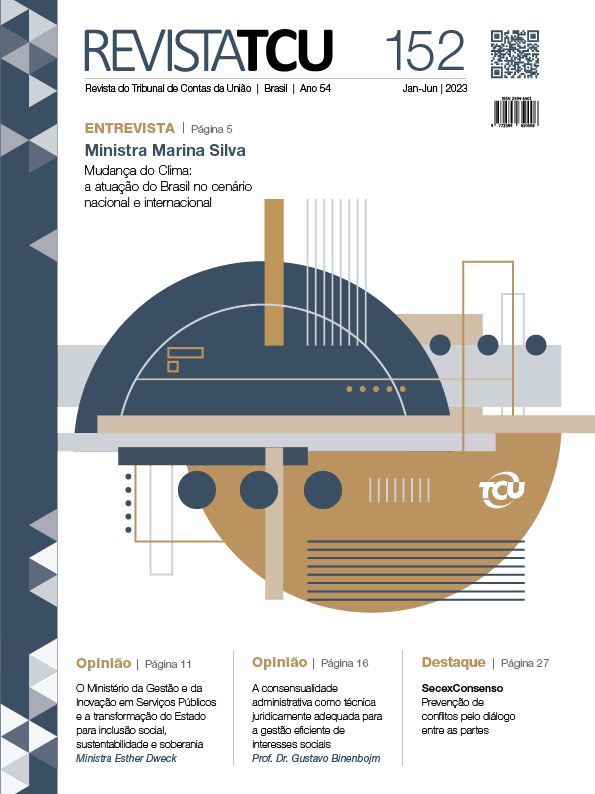Contratações realizadas por repartições brasileiras sediadas no exterior: Limitações impostas pelos princípios que regem a Administração Pública brasileira à regulamentação da matéria

Resumo
As contratações realizadas por repartições brasileiras sediadas no exterior têm a sua regulamentação prevista desde a edição da Lei nº 8.666/1993 (art. 123), condicionada à observação de peculiaridades locais e dos princípios que regem as licitações da Administração Pública brasileira. Até recentemente, porém, a edição de normas sobre o tema havia se restringido a iniciativas isoladas. Nesse contexto, a Segunda Câmara do Tribunal de Contas da União determinou, em 2017, o cumprimento do mandato legal, sendo oportuno debruçar-se sobre a matéria e expor as limitações existentes para a regulamentação dessas contratações. A análise feita é estruturada em torno dos princípios que regem as contratações realizadas pela Administração Pública brasileira considerados relevantes. Após breve contextualização, busca-se, por meio de método dedutivo, amparado em pesquisa bibliográfica e documental, avaliar de que forma esses princípios podem influenciar decisões a respeito da realização de contratações por intermédio de repartições sediadas no exterior. São realizadas consultas à Lei nº 8.666/1993 e à Lei nº 14.133/2021, dando-se preferência a entendimentos embasados na lei de 2021, que, em seu art. 193, inciso II, determina a vigência simultânea dos regramentos até 30/12/2023. Conclui-se que tais contratações não devem ser utilizadas com o intuito de substituir as licitações internacionais (princípio da legalidade) nem de renunciar à jurisdição nacional de forma injustificada (princípio do interesse público). Não devem prejudicar fornecedores sediados no Brasil (princípio do desenvolvimento nacional sustentável), precisam ser competitivas (princípio da competitividade), além de não poderem se alijar das normas brasileiras relativas à transparência (princípio da publicidade).
Biografia do Autor
Ivan Botovchenco Sobestiansky
Bacharel em Engenharia Elétrica, 2007, e em Ciências Contábeis, 2021. Especialista em Gestão pública e responsabilidade fiscal, 2016, e em Administração e Finanças, 2017. Certified Government Auditing Professional - CGAP/IIA, 2018. Auditor Federal de Controle Externo desde 2015.
Alexandre Robson Reginaldo Oliveira
Bacharel em Ciências Militares, 1996. Mestre em Ciências Militares, 2004. Auditor Federal de Controle Externo do TCU desde 2008 e diretor da área que fiscaliza a atividade-fim das Forças Armadas desde 2013.